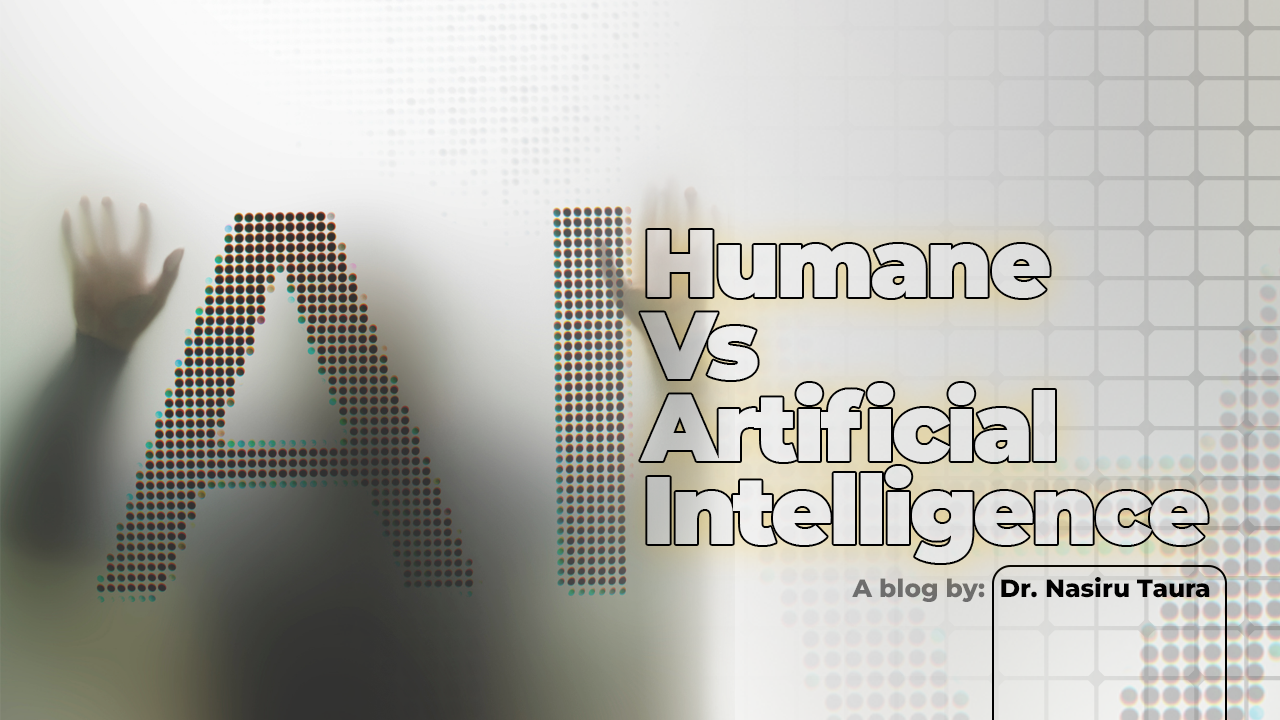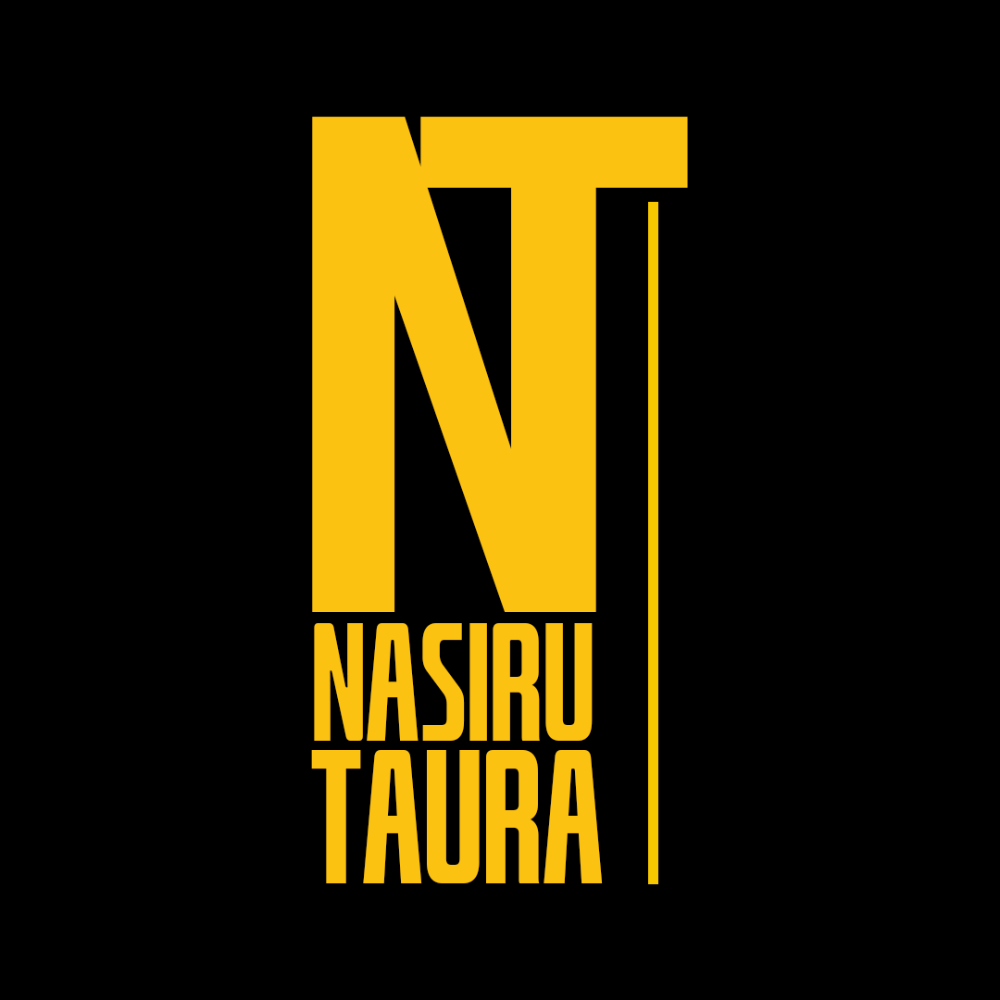
Humane Vs Artificial Intelligence (AI): What we must Learn from the Rural Kenyans
Apr 03, 2024With the explosion of the application of Artificial Intelligence (AI) in all works of life, we must revisit the ongoing debate between humane and artificial intelligence. It is clear that, given the immense data available, machines outperform humans – humans only stand a chance against machines when data is incomplete.
We are making the mistake of attempting to compete with machines in wrong spaces, or in other words, we will consistently lose to machines in the test of time and speed, however human insight can be captured on a more humane front, including emotional, social, and cultural intelligences. AI is enabling start-ups around the world, especially those in Africa, to achieve great results – beyond human speed. For example, to achieve 90% reliability in plant disease diagnosis, the Plant Clinic, a Cameroonian start-up, would need to use between 5000-6000 thousand images to identify a disease. However, with the support of a laboratory in the United States, they have now been able to create a database containing more than 60,000 thousand images of various plant diseases.
Komazo, a Kenyan start-up uses AI and satellite data to map out tree growth. This has led to a truly revolutionary approach to sustainable forestry, and now the start-up is focusing its ambitions on planting 1 billion trees by 2030. Rwanda is one of the pioneer countries to deploy the use of drones for the purpose of humanitarian logistics and supply chain, engaging drones specifically to airlift medical supplies to the needy, thereby being able to save lives thanks to the speed of machines. There is no doubt that the speed of machines outperforms humans, but humans have something to offer that machines are lacking: empathy.
We are looking to a future with robotic doctors, robotic financial managers and advisors, and robotic lawyers. It is essential that we train the next generation of entrepreneurs by providing them with opportunities to nurture their emotional, social, and cultural intelligence. These represent the spaces in which machines are not able to establish connections as effectively.
Tip: What we must Learn from the Rural Kenyans
We must learn from the non-expert account of intelligence among rural Kenyans which is said to have comprised of rieko (knowledge and skills), luoro (respect), winjo (comprehension to handle real-life problems), and paro (initiative). Intelligence based on cognitive speed without rieko, respect to fellow humans, animals, and planet earth, is counterproductive. Additionally, it is unlikely, for an AI to be able to outperform human initiative (paro). Our future depends more on how we train the next generations to be ‘humane’ which will necessitate the ability to respect, initiate, and empathize with fellow humans, animals, and the environment.
Here’s how to do it:
-
Nurture Inclusive Intelligence
-
Adopt (Reiko)/respect all the way to fellow humans, environment, & animals
-
Allow and support slow entrepreneurs to thrive & manifest
-
Recognise intelligence regardless of where this forming might take place
-
Digital entrepreneurs could be slow yet intelligent in human fronts
Join our community of insightful readers and embark on a transformative journey by exploring all our blog posts. Unlock valuable strategies, inspiration, and practical advice to help you design your worth and achieve your fullest potential.
Are you signed up for the free 'Worth by Design' group coaching?
You won't want to miss this!
We hate SPAM. We will never sell your information, for any reason.

